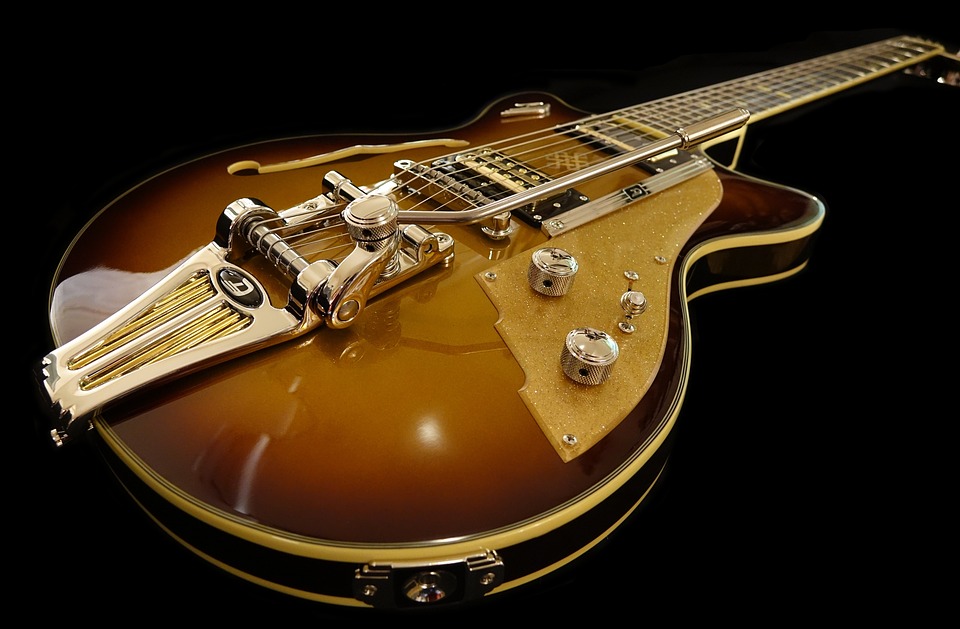Creating a Culture of Musical Excellence: Advice for Music Teachers
Music education is a crucial part of a child’s development, and music teachers play a significant role in shaping the next generation of musicians. In order to create a culture of musical excellence in your classroom, there are several key strategies that must be employed.
1. Set high expectations
One of the most important aspects of creating a culture of musical excellence is setting high expectations for your students. Let them know that you believe in their ability to excel and push them to strive for greatness. Encourage them to challenge themselves and push beyond their comfort zones.
2. Foster a love of music
In order for your students to truly excel in music, they must have a genuine love and passion for the art form. Be sure to create an environment that fosters this love of music by exposing your students to a wide variety of styles and genres. Encourage them to explore different types of music and find what speaks to them personally.
3. Provide ample practice opportunities
Practice is essential for mastery in any skill, and music is no exception. Provide your students with ample opportunities to practice both in and out of class. Encourage them to practice regularly and give them the tools they need to succeed, such as practice exercises and feedback.
4. Encourage collaboration
Music is a collaborative art form, and students can learn a great deal from working together with their peers. Encourage collaboration in your classroom by assigning group projects and ensemble performances. This will not only help your students improve their musical skills, but also teach them valuable lessons in teamwork and communication.
5. Celebrate success
It is important to celebrate the successes of your students, no matter how big or small. Recognize their accomplishments and praise their hard work and dedication. This will not only boost their confidence, but also motivate them to continue striving for excellence.
6. Provide constructive feedback
Constructive feedback is essential for growth and improvement. Be sure to provide your students with feedback that is both honest and helpful. Point out areas where they can improve, but also be sure to acknowledge their strengths and progress. Encourage them to learn from their mistakes and use feedback as a tool for growth.
7. Lead by example
As a music teacher, you are a role model for your students. Lead by example and show them what it means to be a dedicated and passionate musician. Practice what you preach and strive for excellence in your own musical endeavors. Your students will look to you for inspiration and guidance, so be sure to set a positive example for them to follow.
8. Cultivate a supportive environment
In order for your students to excel in music, they must feel supported and encouraged in their musical pursuits. Create a supportive environment in your classroom where students feel comfortable taking risks and trying new things. Encourage open communication and provide a safe space for students to express themselves creatively.
9. Emphasize the importance of hard work
Excelling in music takes hard work and dedication, and it is important for your students to understand this from the start. Emphasize the importance of hard work and perseverance in achieving musical excellence. Encourage your students to set goals for themselves and work tirelessly to achieve them.
10. Keep learning and growing
Finally, as a music teacher, it is important to keep learning and growing in your own musical journey. Stay current with new developments in music education and continue to hone your craft as a musician. This will not only benefit you as a teacher, but will also inspire your students to do the same.
By following these strategies and fostering a culture of musical excellence in your classroom, you can help your students reach their full potential as musicians. Music has the power to transform lives, and as a music teacher, you have the opportunity to shape the future of music for generations to come.


